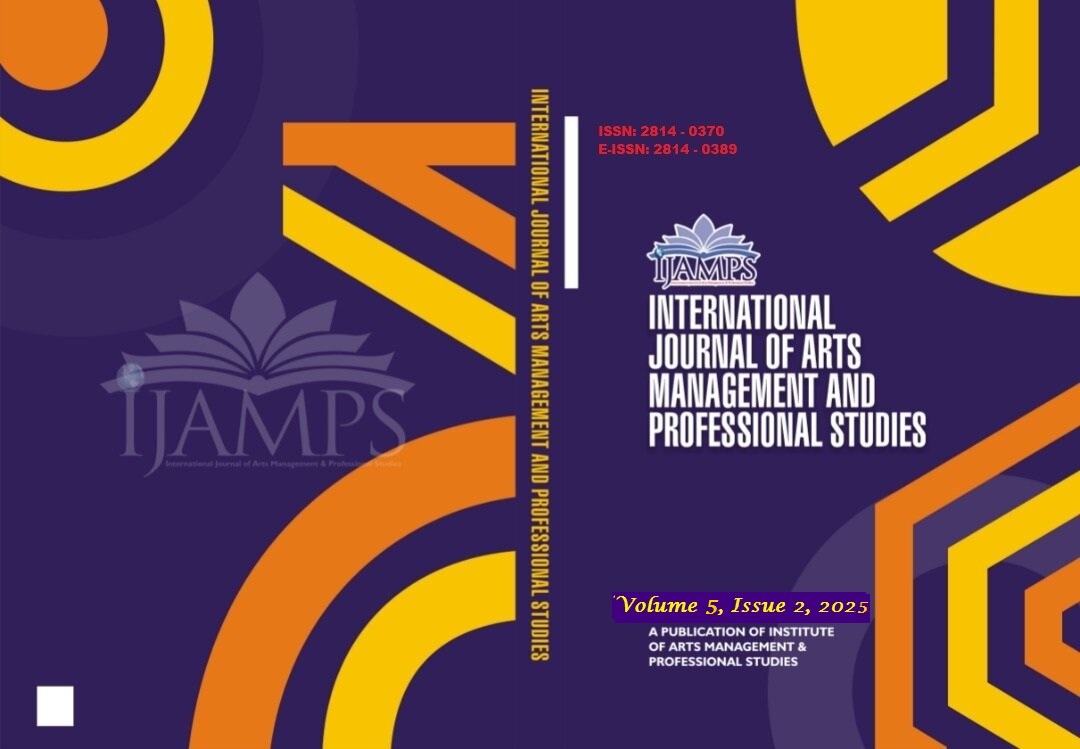
ARTIFICIAL INTELLIGENCE AND EDUCATIONAL OUTCOMES OF STUDENTS OF COLLEGE OF EDUCATION; UNIVERSITY OF CALABAR CROSS RIVER STATE, NIGERIA
Udang, Joseph Akor & Odey, Ogar Ogar, Akor, Bliss Unimashi
Volume 5, Issue 2, June 2025
This study examines the relationship between artificial intelligence (AI) applications and the educational outcomes of students at the College of Education, University of Calabar, Nigeria. Specifically, it evaluates the impact of two AI subfields machine learning and computer vision on students’ academic achievement and professional readiness. Adopting a descriptive survey design, data were collected from 220 students and 20 lecturers using a structured questionnaire (AIAEOQ). Findings revealed a statistically significant but weak positive correlation between machine learning and educational outcomes (r = .160, p = .018), indicating that increased machine learning integration is mildly associated with improved student performance. In contrast, computer vision showed no significant relationship with educational outcomes (r = -0.023, p = .738), suggesting limited practical application in the current educational context. The study underscores the need for policy support, digital literacy training, and infrastructure development to enhance AI’s effectiveness in teacher education. Recommendations include government investment in AI tools and capacity building for educators to foster technological innovation in Nigerian tertiary institutions.